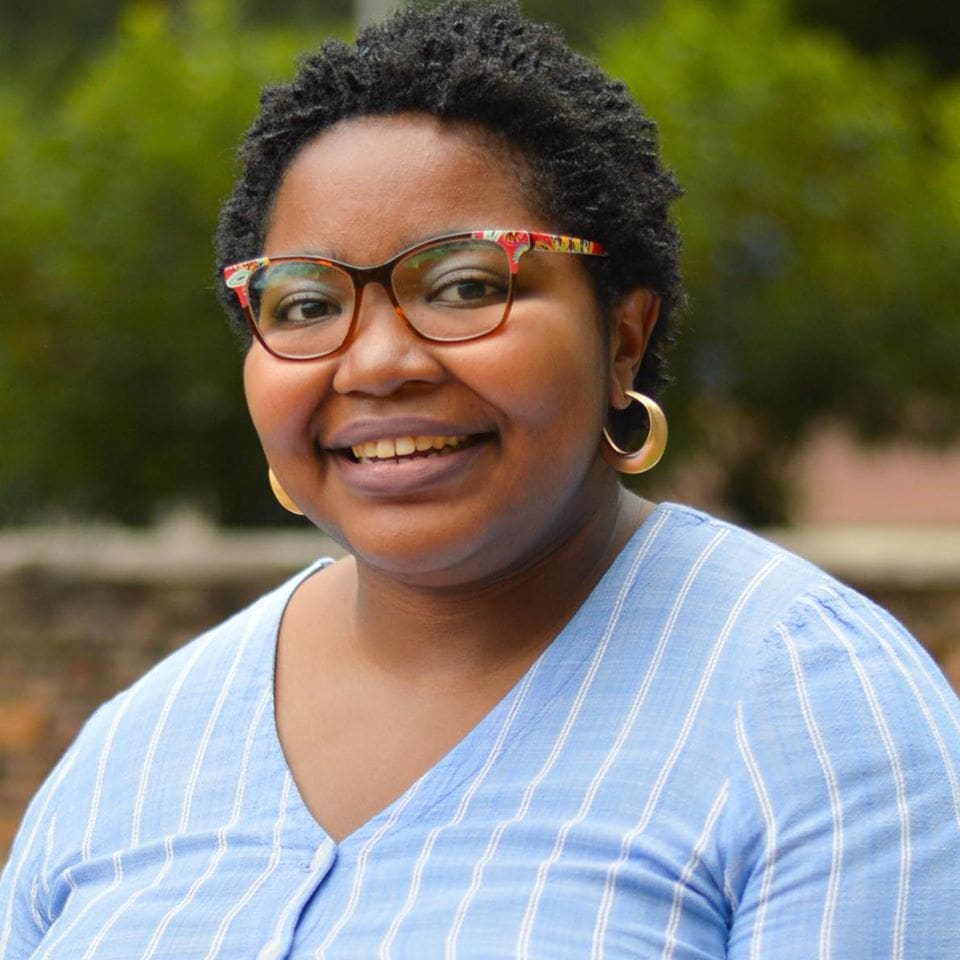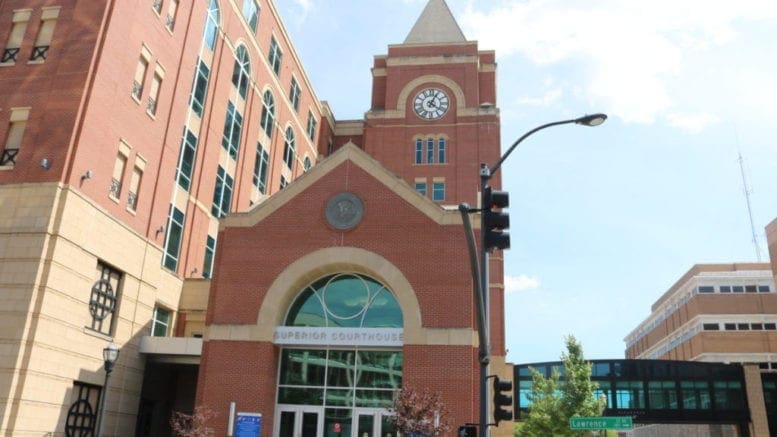Cobb County District Attorney Flynn Broady started a program that clears a U.S. military veteran of their criminal charge if they take the appropriate measures to account for their offense.
Broady announced the program, “Operation Hero Restoration,” Friday morning after a Veterans Court session. This program will be pre-adjudication instead of post-adjudication.
Pre-adjudication means that a court will dismiss a person’s — in this case, a veteran’s — charge if they fellow the rules of the program.
Post-adjudication means that a charge will remain on a person’s record unless they can get a judge to expunge their record.
Operation Hero Restoration applies only to veterans charged with a non-violent offense.
A veteran must take responsibility for their charge, make complete restitution and finish treatment and restoration programs in order to have their charge dropped.
At the ceremony, two veterans along with Broady and other court officials signed documents that returned the veterans to a pre-adjudication status that allowed them to benefit from the DA’s new initiative.
Broady and Veterans Court Judge Tain Kell then withdrew the guilty pleas of the two veterans, taking that charge off their permanent record.
Broady, a veteran himself, believes that veterans with non-violent offenses should reap the benefits of having a clear criminal record. Part of Broady’s reasoning is that the veteran has served their country.
The initiative is also part of Broady’s larger goal of reforming Cobb’s criminal justice system. He does not believe in punishing people for the sake of punishing them.
“As a candidate for district attorney … my goal was to bring restorative justice to our community,” Broady said. “In doing so, not to minimize the behavior of criminal offenders, but when we can, restore them back to the community as productive citizens.”
Kell clarified that not all veterans may be able to benefit from the program for varying circumstances. One reason may be if a veteran’s probation period has ended.
Broady’s co-chief Cindi Yeager also prepared a “restorative justice mission statement” that Broady aims to follow as part of his term as DA.
Part of that statement by Yeager reads:
Restorative justice strives to find a balance between rehabilitation and punishment in the criminal justice system. By focusing on treatment counseling education for nonviolent offenders, we can reduce recidivism and help create productive citizens in the community while at the same time keeping our community safe.
We will partner with community organizations and agencies to help facilitate this process.
Our goal will be to reach our youngest citizens and assist in ensuring that we stop destructive behavior before it begins.
This process will occur by expanding our diversion program, making our accountability courts more accessible, allowing greater participation in our accountability courts and creating expedited calendars, to resolve cases in a timely manner, as well as working directly in the community. In addition, we are actively assisting eligible citizens with expungements and record restrictions.
In Cobb, there are four accountability courts: Drug Treatment Court, Mental Health Court, Parental Accountability Court and Veterans Treatment Court.
The county’s accountability courts exist to redirect people who have committed non-violent criminal offenses into rehabilitative programs.
Accountability courts allow people to avoid jail time if they adhere to an intensive treatment program.
All of Cobb’s accountability courts operate in a similar fashion to how the VTC describes itself on its website (explanation of the courts excerpted below):
Cobb County Veterans Accountability and Treatment Court (VTC) seeks to divert eligible veteran defendants with substance dependency and/or mental illness that are charged with criminal offenses, to a specialized criminal court. The court substitutes a treatment problem solving model for traditional court processing.
The veterans voluntarily participate in a judicially supervised treatment plan that a team of court staff, veteran health care professionals, veteran peer mentors, and health care professionals develop with the veteran. At regular status hearings, treatment plans and other conditions are periodically reviewed for appropriateness, incentives are offered to reward adherence to court conditions, and sanctions for non-adherence are handed down.
…
Our mission is to successfully rehabilitate veterans by diverting them from the traditional criminal justice system, and providing them with the tools they need to lead a productive and law-abiding lifestyle.
Our goal is to increase public safety by reducing recidivism; provide better mental health, alcohol and drug treatment through the [Veteran’s Association]; turn tax burdens into tax payers; and provide intensive case management and structure to the veteran participants.”

Arielle Robinson is a student at Kennesaw State University. She also freelances for the Atlanta-Journal Constitution and is the former president of KSU’s chapter of the Society of Professional Journalists as well as a former CNN intern. She enjoys music, reading, and live shows.
